Wine basics from the Chinese MW
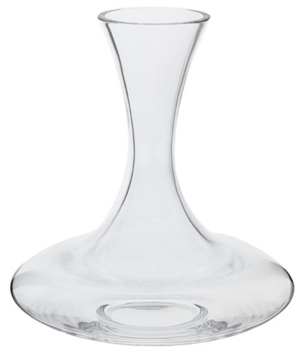
I was just back in Vancouver for a visit and was at a Chinese banquet dinner with my parents and their friends, when one of the dinner guests raised the question about decanting wine. The enthusiastic diner asked which wines needed decanting and I thought what a great subject for my next article.
Decanting should be primarily used to separate red wines and fortified wines (made from red grapes, such as Port) from their sediment, which often accumulates with age. There is a great article by Ferran Centelles on JancisRobinson.com called How and why to decant, that goes into detail on how sediment left in a wine glass dulls aroma due to its reductive effect. Additionally, getting a mouthful of gritty, dusty sediment is not pleasant.
Another occasion for decanting is to aerate and open up young tannic wines (Barolo for example), in order to make them more approachable to drink right away. I personally only dust off my decanters once a year at Christmas time and rely on aeration in my wine glass throughout the year because once poured into a decanter, the whole bottle should be consumed.
I have never felt the need to decant a white, although I have been served a decanted old Savennières in a restaurant, I felt the only benefit was that I could admire the bronze colour, but it could also be admired in the wine glass.

Therefore the short answer is that most everyday wines do not need decanting. Even though decanters may add to the ceremony of wine drinking, some are certainly delightful to look at, I am too clumsy to ever invest in the fancier ones (I have a hard enough time keeping wine glasses intact) and cleaning them presents a whole new set of challenges.
If one were to decant, I would advise to do it right before serving the wine, some older wines are very sensitive to oxygen and will tire quickly once decanted*. If one were decanting to separate sediment, it is only logical to stand the bottle upright for a few hours to enable the sediment to settle to the bottom and decant over a light source to know when to stop upon seeing sediment.
*Note from the editor: have a read of Jane Anson’s column Genie in a bottle to learn about how oxygen can influence the performance of an old bottle.
Translated by Sylvia Wu / 吴嘉溦
All rights reserved by Future plc. No part of this publication may be reproduced, distributed or transmitted in any form or by any means without the prior written permission of Decanter.
Only Official Media Partners (see About us) of DecanterChina.com may republish part of the content from the site without prior permission under strict Terms & Conditions. Contact china@decanter.com to learn about how to become an Official Media Partner of DecanterChina.com.


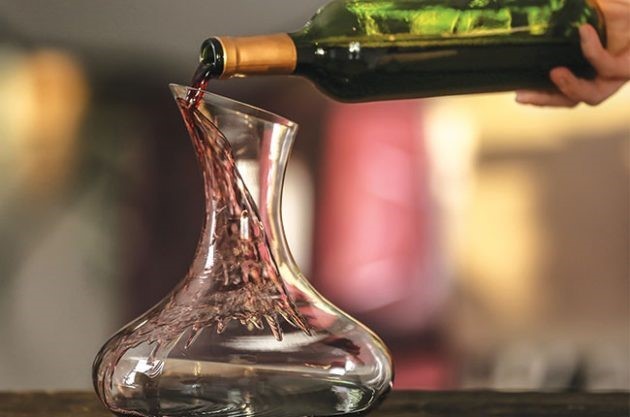
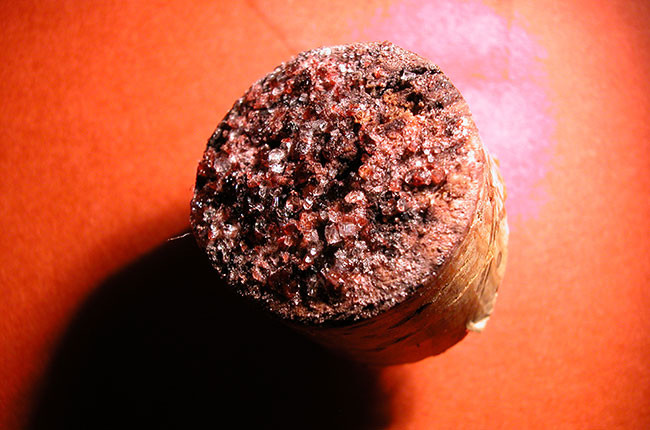
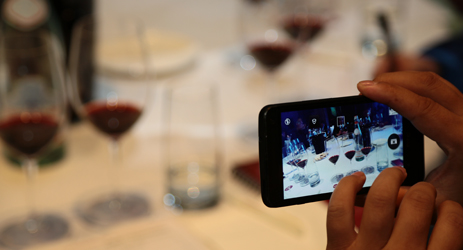
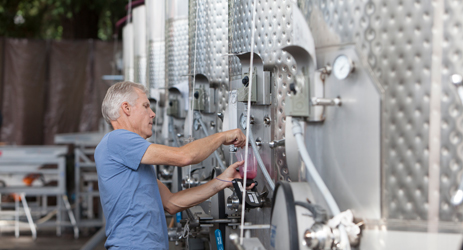
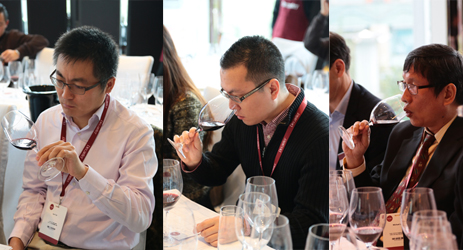

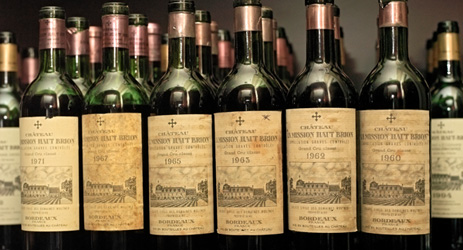
Comments
Submit